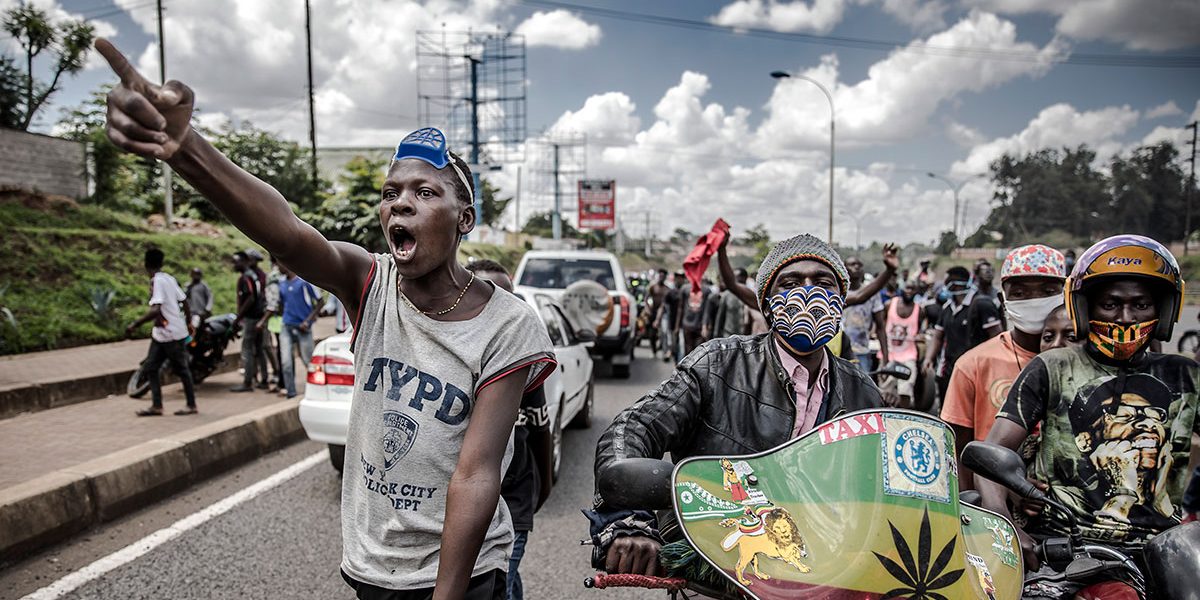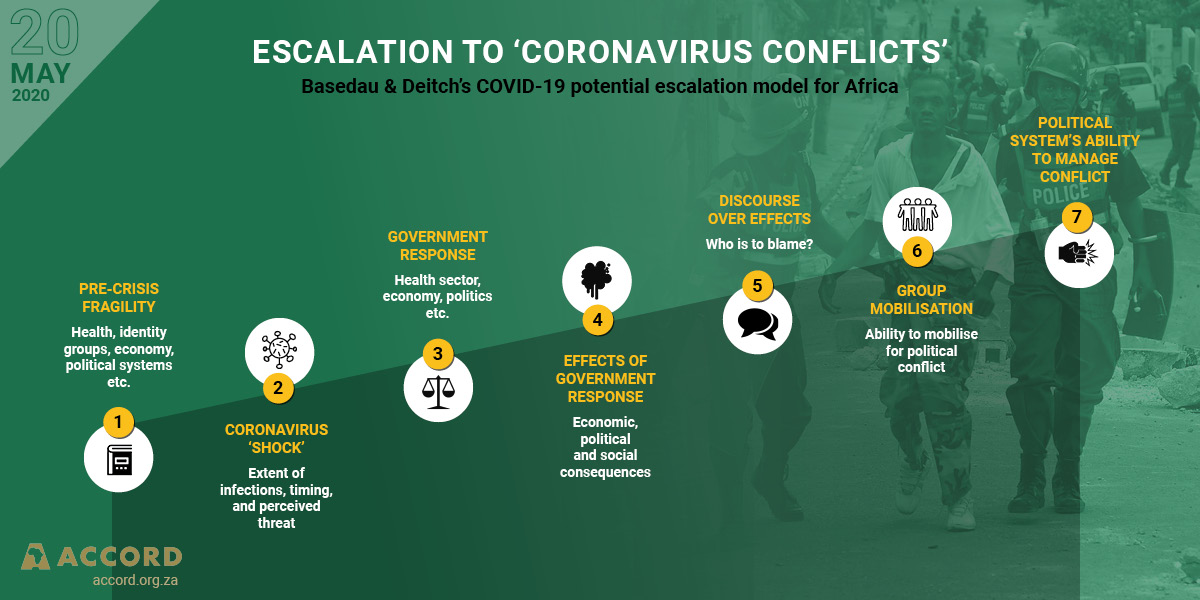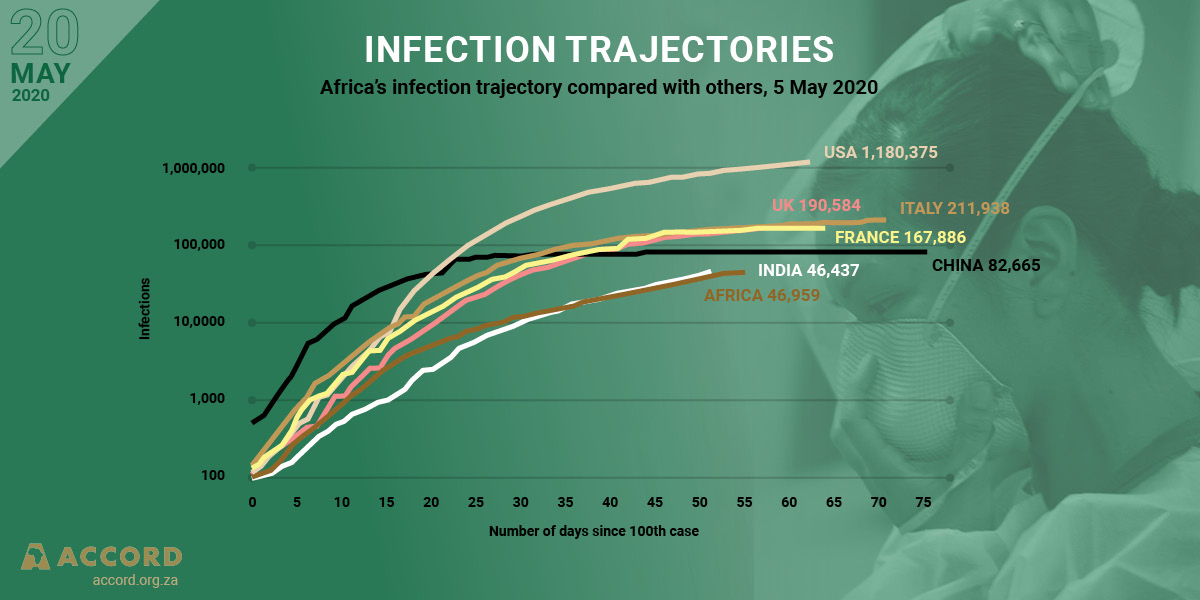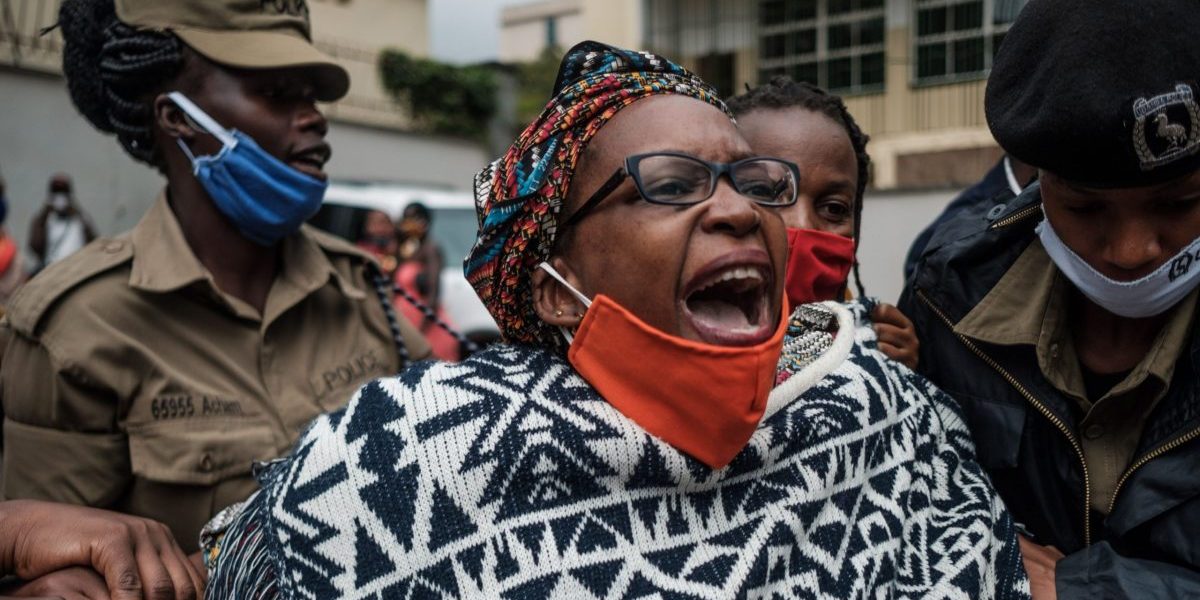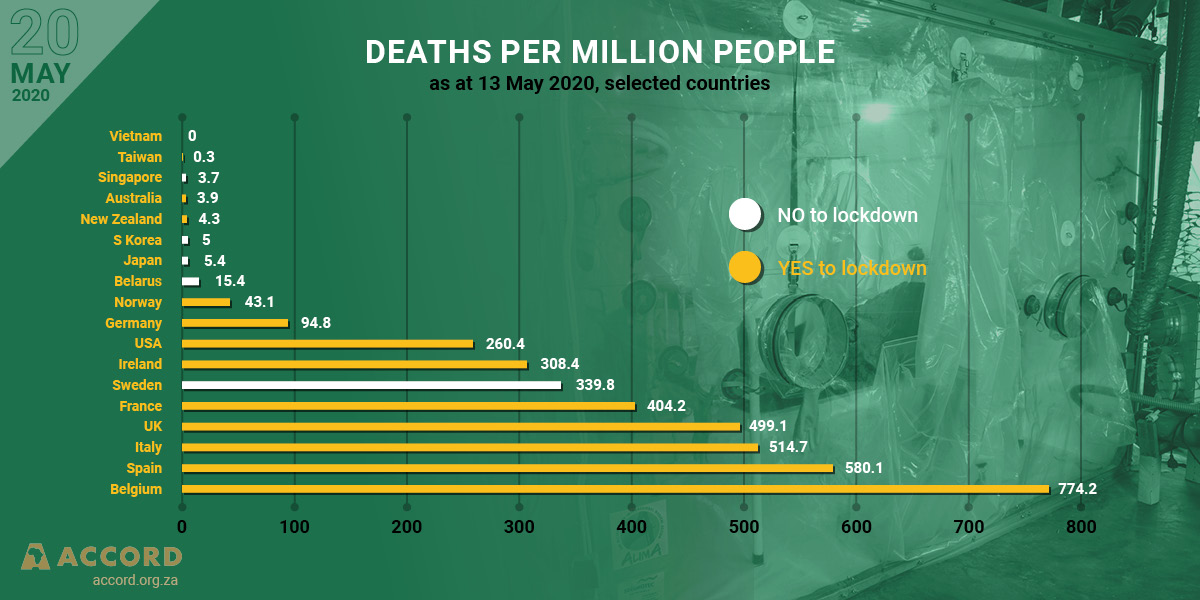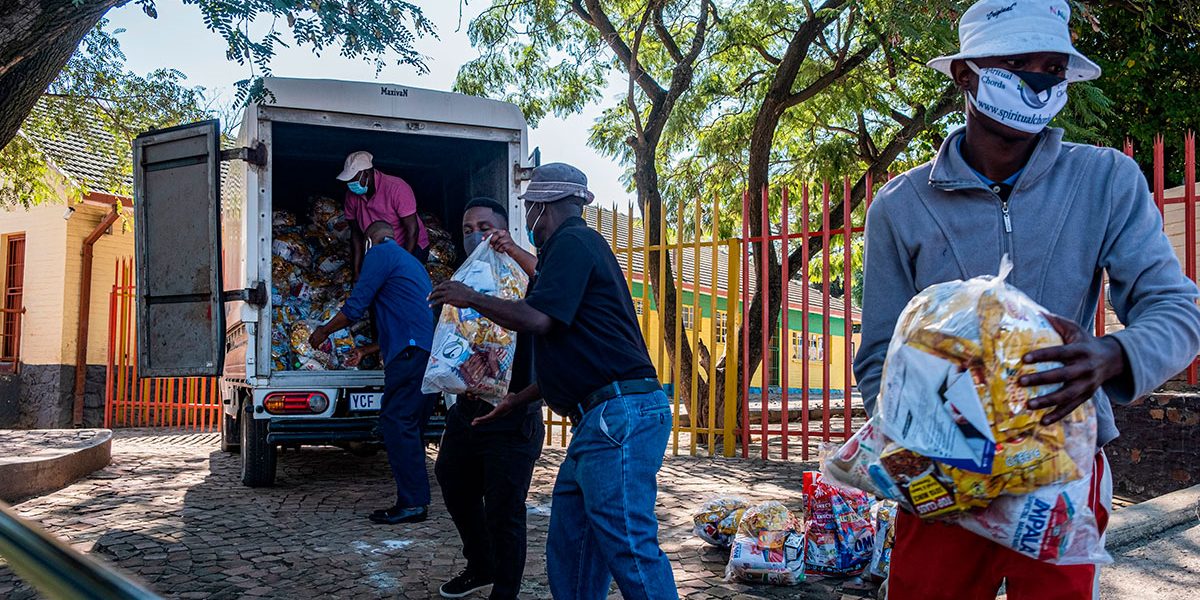In this week’s Monitor Jean-Claude Kassi Brou (President of the ECOWAS Commission) and Mohamed Ibn Chambas (Special Representative of the UN Secretary-General for West Africa and the Sahel) reflect on the effect of the COVID-19 pandemic on the West African and Sahel regions and the way that the countries have shown solidarity in their response.
Professor Ramesh Thakur argues that panic-driven lockdown strategies could kill more people in Africa than COVID-19 itself. Taking into account the low infection rates, living conditions and economic realities, he claims that the test, isolate, treat and trace approachseems to be a more appropriate policy response for Africa.
Staying with the lockdown theme we share a report from the UN Economic Commission for Africa (UNECA) that has identified seven lockdown exit strategies. In Africa, at least 42 countries have imposed partial or full COVID-19 related lockdowns. These restrictions pose considerable economic costs that, in turn, threaten lives, put livelihoods at risk and exacerbate poverty. It is thus important that there are sound governance strategies put in place to manage the COVID-19 response. We also look at how the continuation of arrests related to violations of lockdown measures are expected to increase tensions between states and citizens.
Professor Carlos Lopes highlights that COVID-19 provides Africa with an opportunity to re-think the role of the state in economic policy, and to contemplate a different set of rules and norms. He argues that our COVID-19 policies should recognize public services as public goods that need to be properly funded, and that they should be recognized as investments in social capital, not liabilities.
Lastly, Professor Matthias Basedau and Mora Deitch introduce a model that outlines some of the main variables that will determine which conflict scenarios are likely to materialise as a result of COVID-19. They find that while the pandemic is a unique shock, large-scale organized violence will only occur indirectly – through economic and political conditions.

